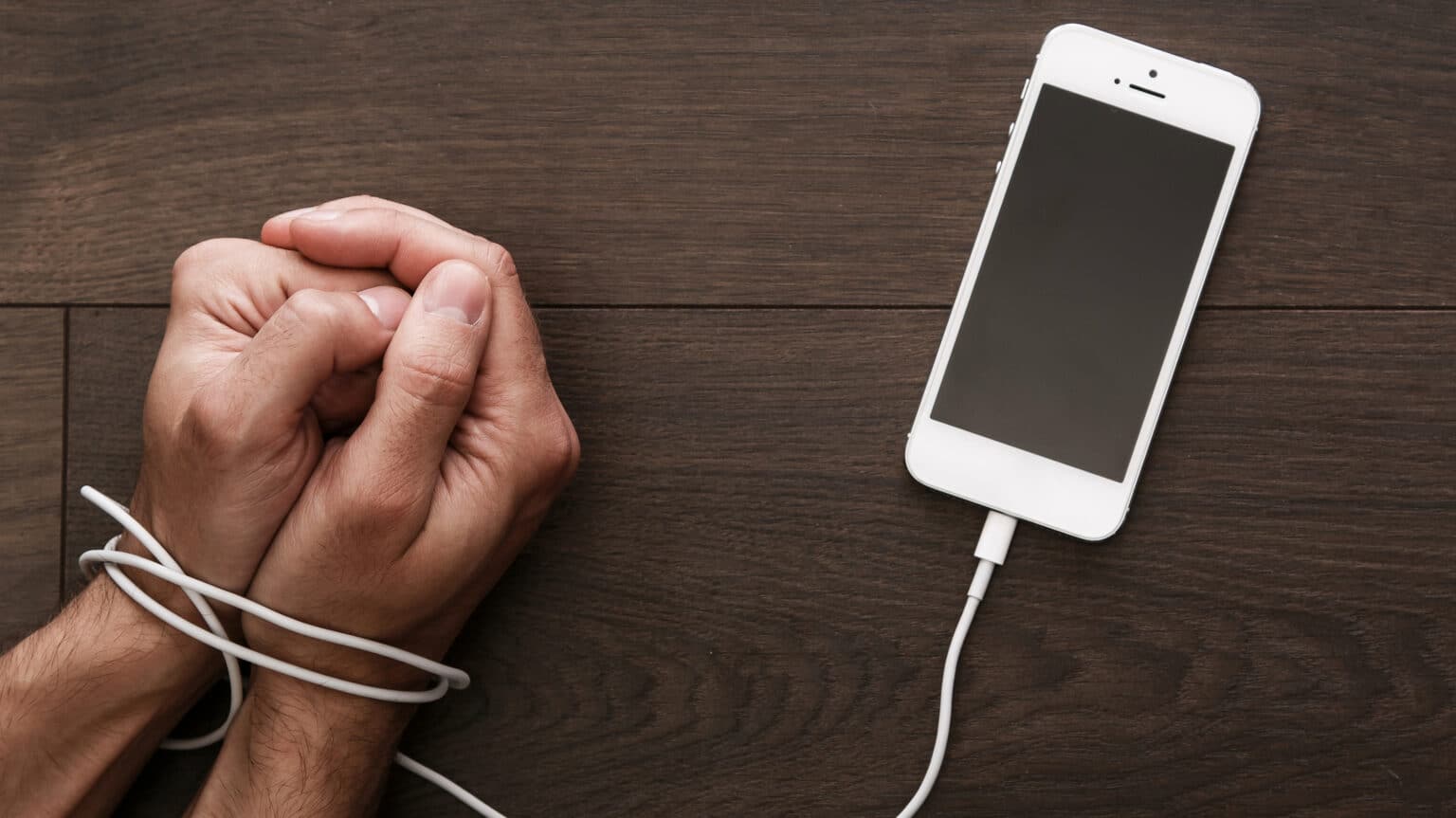You’ve probably heard of several phobias. For instance, Acrophobia People who have Acrophobia fear heights, while those who have Aquaphobia fear the ocean, and those who have nomophobia fear their phones even when they don’t have them in their hands. When people cannot find phones in their immediate surroundings, they become very frustrated and stressed.

This is not a minor issue or a simple matter of minor details. People get stressed when they don’t find their phones in their immediate surroundings, and people suffer because of it. We all should think how much we are using phone in a day?? Specially as a productive way ? Twitter, Instagram, WhatsApp, and Facebook—these tabs are always open on our phones. How much time can we survive without opening these apps? Even when we are eating, we also see our phones, Now if your answer is “no, I can’t survive without my phone,” let’s check why this is happening.
What is Nomophobia ?
Addiction to using smartphones is generally called as Nomophobia. The main reason behind this is excessive use of the internet, as the internet is open to all online gaming apps and to Twitter and Facebook. It makes it hard to leave our phones behind. The term “Nomophobia” was coined by the United Kingdom (UK) Post Office in 2008 during a study that was commissioned by YouGov, a UK-based research organization. The objective of that study was to evaluate the possibility of anxiety disorders occurring due to the overuse of mobile phones.
The study found that nearly 53% of British people who use mobile phones, pretend to be apprehensive when they “lose their mobile phone, run out of battery or credit, or have no network coverage.” Additionally, that study found that 9% of people felt stressed while their phones were off and that 58% of men and 47% of women experienced phone anxiety.

Symptoms of Nomophobia
●We become procrastinators and lazier as a result of excessive Internet or smartphone use, and we either fail to complete domestic tasks on time or find them difficult.
●Dissociation from family and friends
●Family members frequently bemoan the excessive usage of smartphones.
●We use smartphones to keep ourselves hidden from family members because we feel guilty about it.
●When we mistakenly leave our phones somewhere or forget to pick them up, it can cause us to feel anxious and restless, which can result in insomnia and irritation.You are suffering from nomophobia if you constantly hunt for your phone or crave one.
Reason
This is possible with laptops and computers as well, but the ease of use of smartphones makes them more likely to become addictive than alcohol and drug use. Additionally, frequent smartphone use releases dopamine, a hormone that affects mood, which is the reason why these devices are no longer classified as addictive. Smartphone addiction causes tension, despair, and loneliness.
Treatment
The first step in treating this addiction is to pinpoint the source of the person’s stress. Monitoring both necessary and unnecessary phone usage can also help. See what causes you to use your phone excessively, and then find a solution. You can also find out if you are more sensitive when alone or not. A person can also examine whether they are using their phone when they are bored. When under stress or feeling down, people occasionally use their smartphones as entertainment to control their mood.
People have alternative options for relaxation besides utilising smartphones.

People need to be aware of the distinctions between face-to-face and online communication. Real interaction is more effective because it fosters self-assurance, social intelligence, and empathy. This is achieved through eye contact and social conversation. Try to control your coping mechanisms; while social media and the internet might improve your mood, they cannot be used to manage stress or mood.
Try to develop skills like :
Chat with others who share your interests while talking to them or while taking a walk with a companion. People with similar interests will be present at the sports complex, library, and book club. Work as a volunteer for an NGO
Although this addiction won’t disappear in a single day, there are occasions when a person needs expert assistance from a psychologist or doctor to manage it.
Be cautious if you experience any of these symptoms, and seek medical attention as soon as you can.













